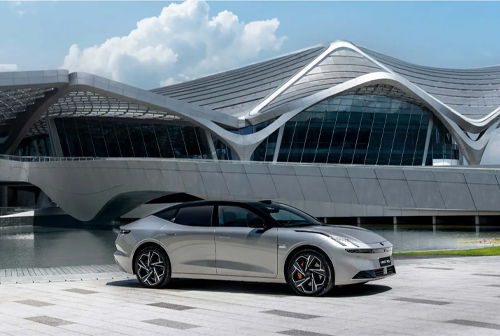Release Date : 2024-09-13
According to Reuters, on September 12, the European Commission announced it had received proposals from Chinese electric vehicle manufacturers for minimum import prices into the EU as a way to avoid import tariffs. However, the European Commission rejected these proposals.
The European Commission is conducting an anti-subsidy investigation into Chinese-made electric vehicles and stated that several Chinese electric vehicle exporters had submitted minimum price commitments, which involve exporting cars to the EU at the lowest price to offset domestic subsidies.
.jpg)
A European Commission spokesperson said: "Our review focuses on whether these price proposals can eliminate the adverse effects of subsidies and whether they can be effectively monitored and enforced. The European Commission has now concluded that none of these price proposals meet these requirements."
The European Commission declined to disclose details of the price proposals but stated that it had conducted a comprehensive review to determine whether they comply with World Trade Organization (WTO) and EU anti-subsidy rules.
The spokesperson added: "The Commission remains open to a negotiated solution, but this process must fully comply with WTO rules and fully compensate for the adverse impact of China's identified electric vehicle subsidies."
EU Trade Commissioner Valdis Dombrovskis is scheduled to meet with Chinese Commerce Minister Wang Wentao next Thursday (September 19) to negotiate tariffs on Chinese electric vehicles.
The European Commission is expected to propose a final tariff of up to 35.3% on Chinese-made electric vehicles, in addition to the EU's existing 10% car import tariff.
The 27 EU member states will vote on the proposed final tariffs. Unless 15 EU member states, representing 65% of the EU's total population, vote against it by a qualified majority, the tariffs will be officially implemented before the end of October.

.jpg)

.jpg)
.jpg)

.jpg)
.jpg)
.jpg)



